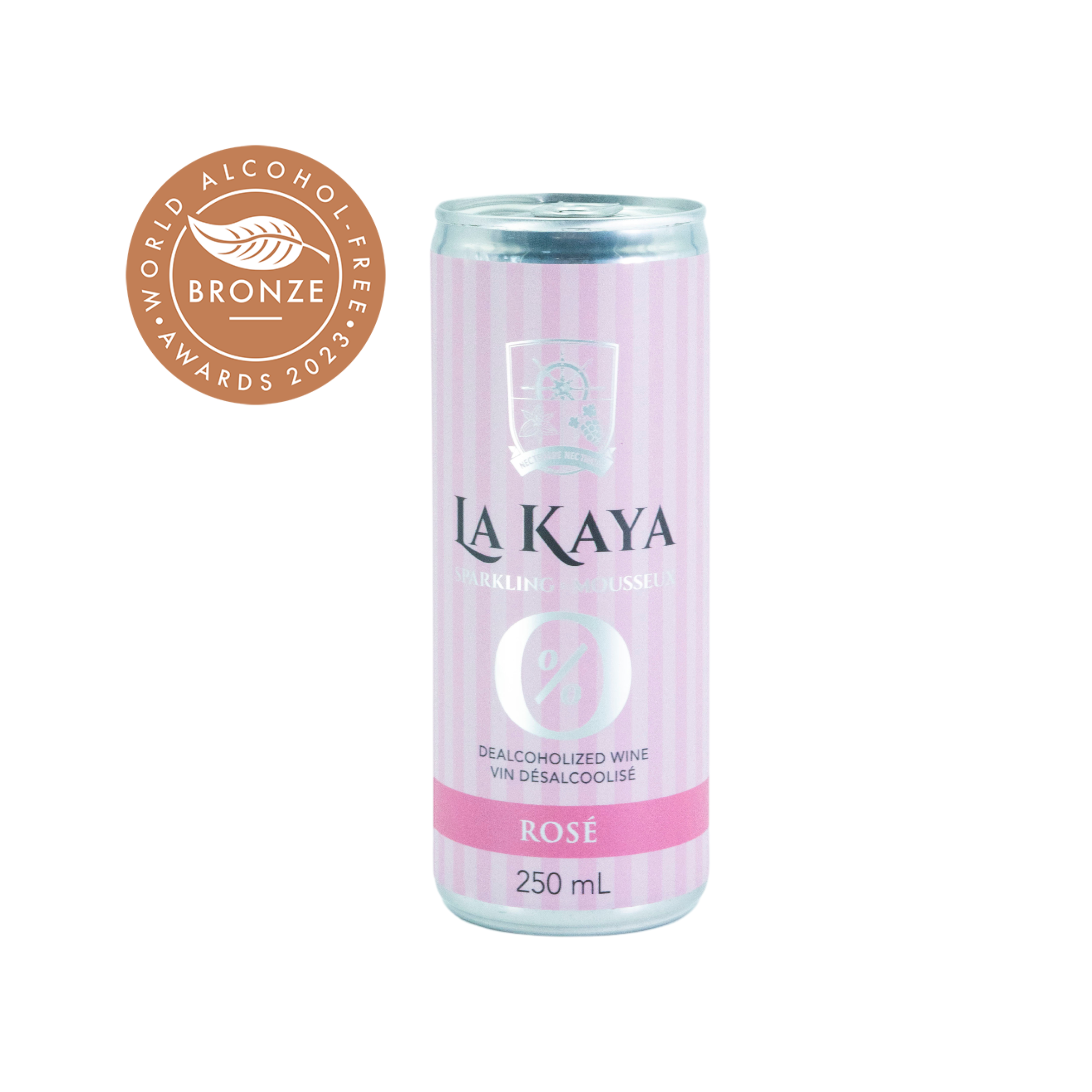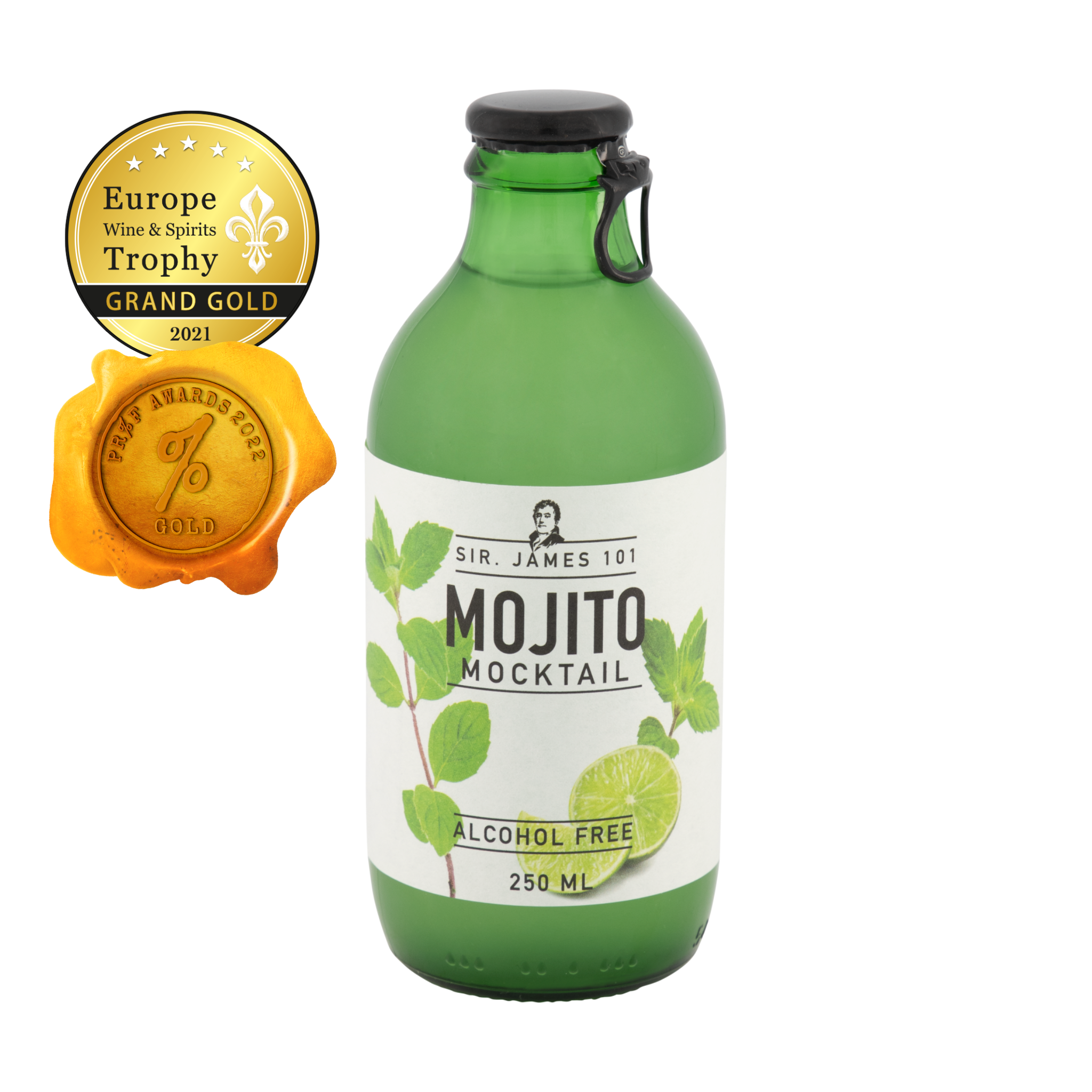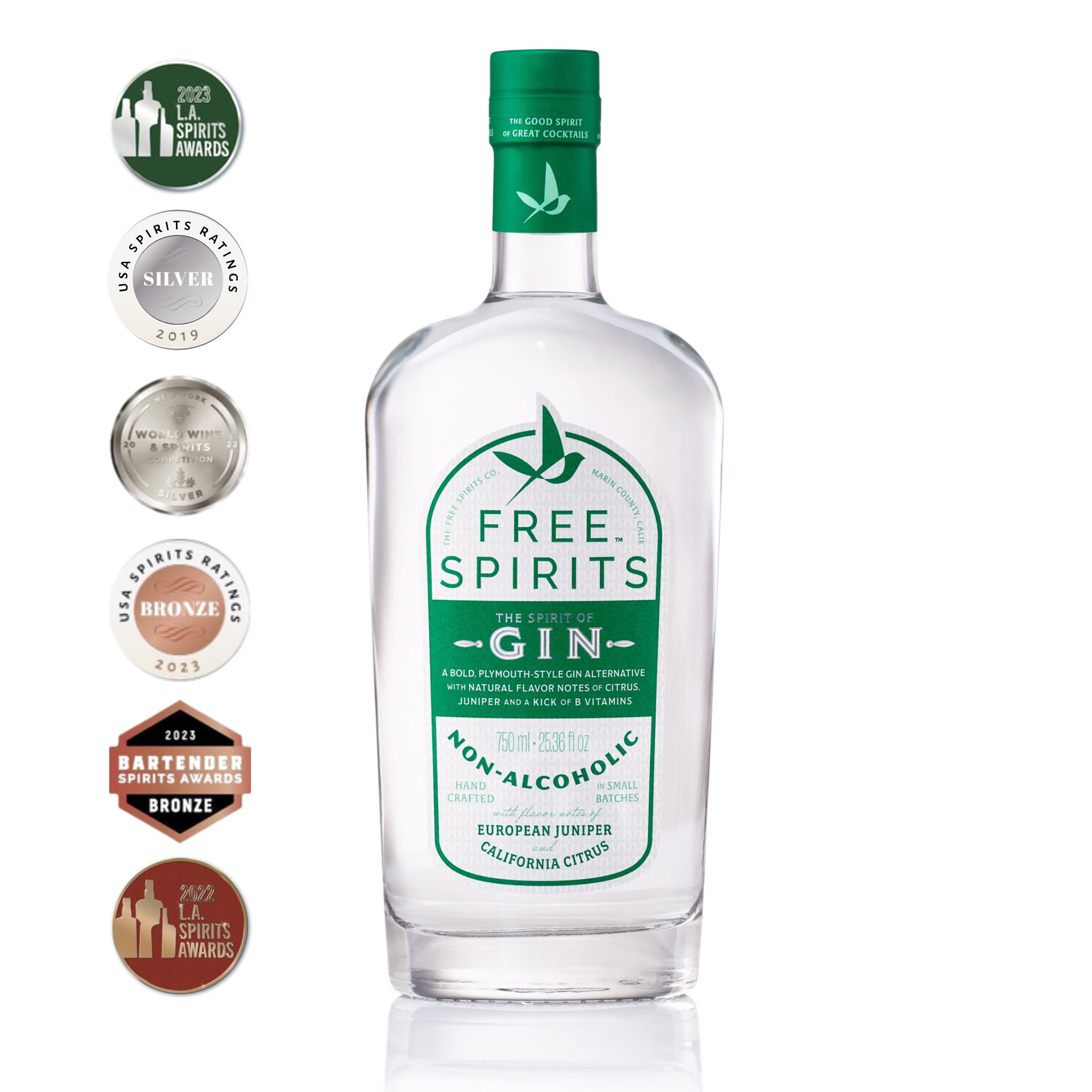The Importance of Replacing Old Habits with New, Healthy Ones: A Path to Sustainable Change
When embarking on a journey toward sobriety or healthier living, one of the most common struggles is the desire to simply remove old, harmful habits without having a concrete plan to replace them. Whether it's excessive drinking, smoking, or any other unhealthy behavior, attempting to cut them out entirely without filling the gap can often lead to frustration, relapse, or feelings of emptiness. The key to lasting change lies not just in removal but in replacement—creating new, healthy habits that take the place of old ones.
Why Replacing, Not Just Removing, Habits is Crucial
Human behavior is deeply rooted in patterns and habits. The neural pathways in our brain that are responsible for repetitive behaviors are strong because they’ve been reinforced over time. Simply trying to "quit" a habit without addressing the reasons behind it, or replacing it with something fulfilling, leaves a void that can easily be filled by the old behavior.
For instance, if someone decides to stop drinking but doesn’t replace that behavior with a healthier one, they may find themselves feeling bored, stressed, or lacking a sense of enjoyment. This can make it difficult to maintain sobriety because the brain is still wired to seek that “reward” or “escape” that alcohol once provided.
The Science of Habit Formation
The science of habit formation explains that habits consist of three components: the cue, the routine, and the reward. The cue is what triggers the behavior (stress, social situations, boredom), the routine is the behavior itself (drinking, smoking, etc.), and the reward is the feeling the behavior provides (relaxation, excitement, or social bonding).
Instead of trying to remove the behavior completely, the goal should be to maintain the cue but change the routine and reward. For example, if stress is a cue for drinking, replacing the drinking habit with a healthier activity, such as exercising or practicing mindfulness, can still provide a reward (relief from stress) without the negative consequences.
How to Replace Harmful Habits with Healthy Ones
-
Identify the Triggers
The first step in replacing old habits is to understand the cues that lead to them. Are you drinking because of social pressure, to cope with stress, or out of boredom? Once you know what triggers your harmful habit, you can be more mindful and intentional in addressing it. -
Find a Replacement Activity
The key to successful replacement is choosing an activity that satisfies the same need as the old habit. If your harmful habit provided a sense of relaxation, look for healthier alternatives like yoga, meditation, or taking a walk. If it was more about social connection, consider joining groups that align with your interests or taking up a hobby that fosters community. -
Start Small and Be Consistent
Changing habits is a gradual process, and it’s important to start small. Focus on making one small, positive change at a time, rather than trying to overhaul your life overnight. Over time, as you practice new habits consistently, they’ll begin to feel natural, and the old behaviors will have less power over you. -
Celebrate Your Wins
Replacing old habits with new, healthier ones is no small feat, and it’s important to celebrate your progress along the way. Each small success reinforces your motivation to continue, helping to solidify the new behavior as part of your routine.
Example: Going Sober with New Habits
Let’s take the example of someone deciding to go sober. For years, their evenings may have revolved around having a drink to unwind after work or socializing with friends. Suddenly removing alcohol from their life without addressing the underlying cues (stress, social interaction) could lead to frustration, withdrawal, and an eventual relapse.
Instead, a better approach is to replace the routine with a healthier habit that fulfills the same need. If the cue is stress, a new routine could be practicing mindfulness or taking up an evening run to decompress. If the cue is socializing, attending alcohol-free social events or hosting mocktail parties could be an exciting way to keep the reward of connection and enjoyment intact while removing the harmful behavior of drinking.
The Long-Term Benefits of Replacing Habits
When you focus on replacing habits rather than just removing them, you're not just avoiding negative behavior—you’re building a healthier, more fulfilling life. The new habits you establish, whether they’re related to fitness, mindfulness, or social interactions, create a positive feedback loop that reinforces your well-being.
Over time, these new habits become second nature, and the old, harmful patterns fade away, leaving you with a lifestyle that is healthier, more sustainable, and ultimately more rewarding.
Final Thoughts
Creating new, healthy habits to replace old, harmful ones is the key to lasting change. Rather than simply trying to stop unhealthy behaviors cold turkey, focus on understanding the triggers behind them and finding healthier, more fulfilling alternatives. By doing so, you’re not only avoiding the negative effects of the old habit, but you’re also building a healthier, more rewarding life for yourself.
Embrace the opportunity to fill your life with positive routines, and watch as the old, unhealthy behaviors become a distant memory.






